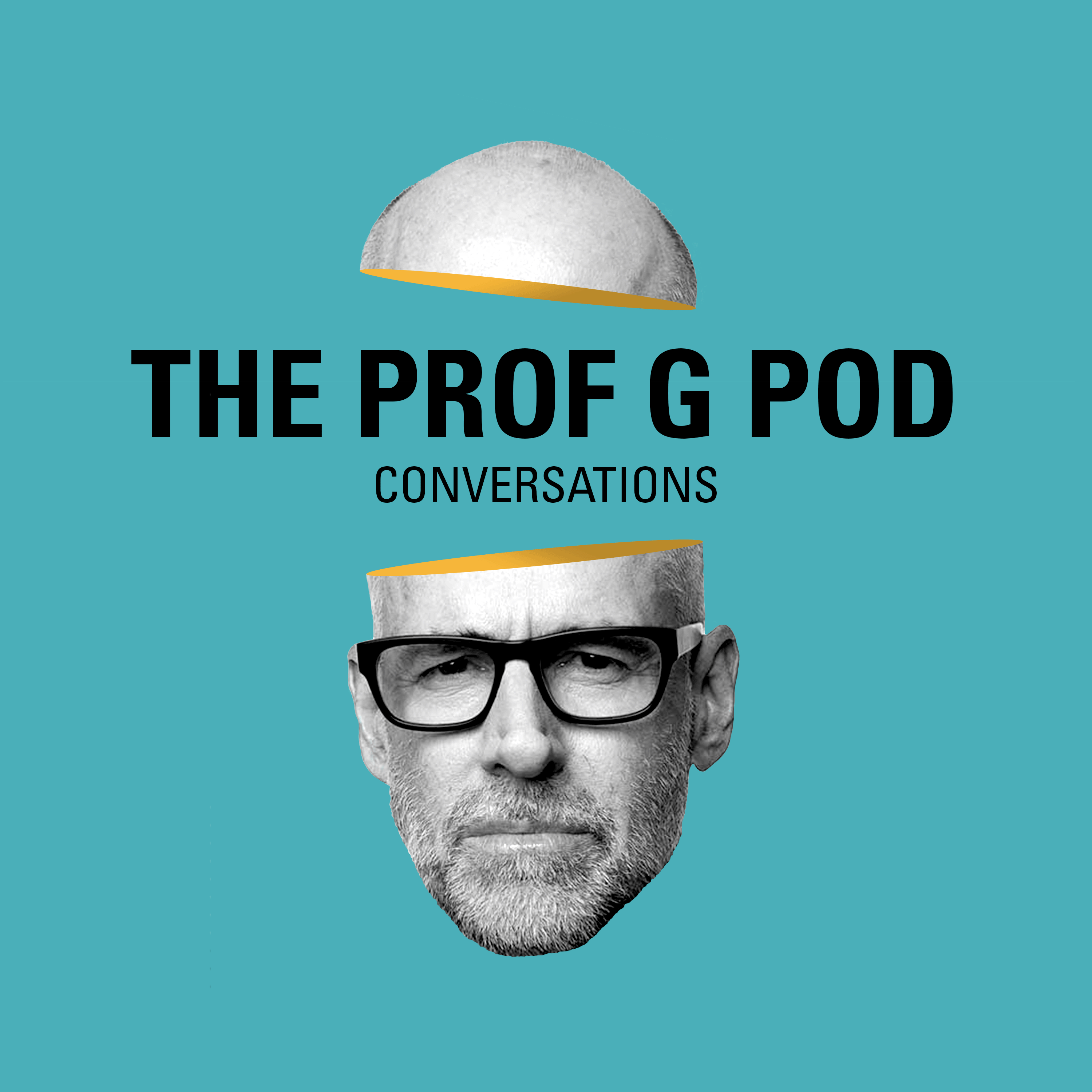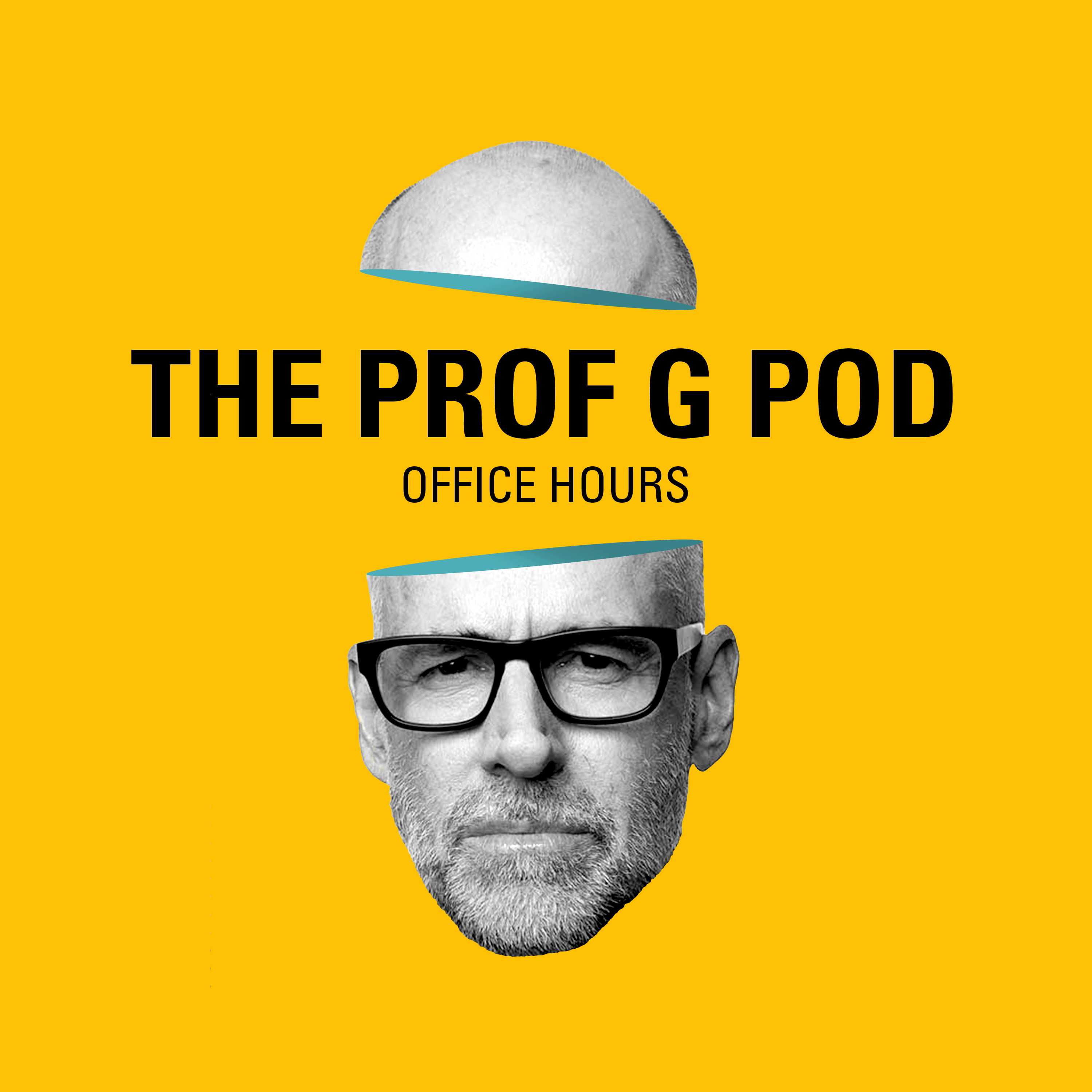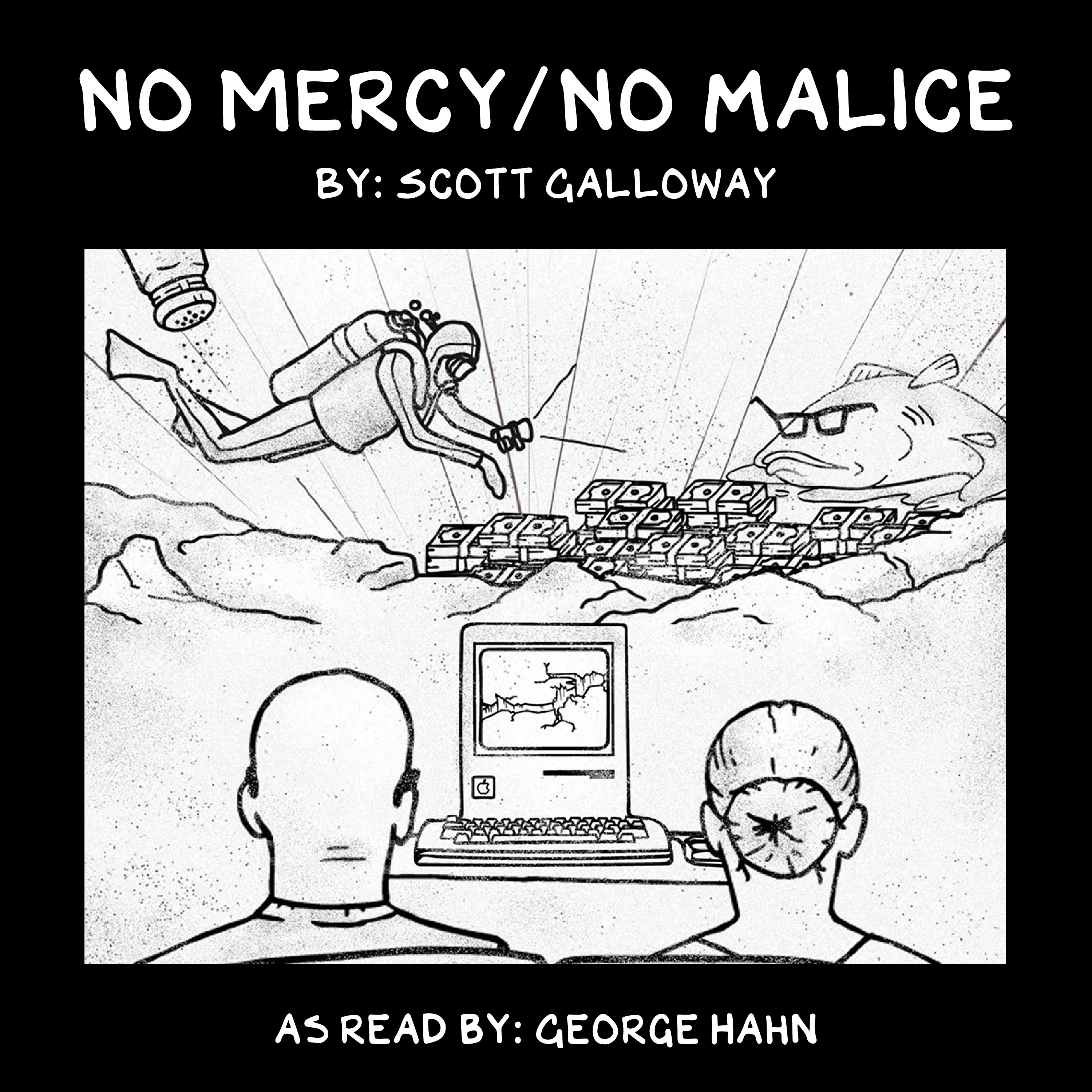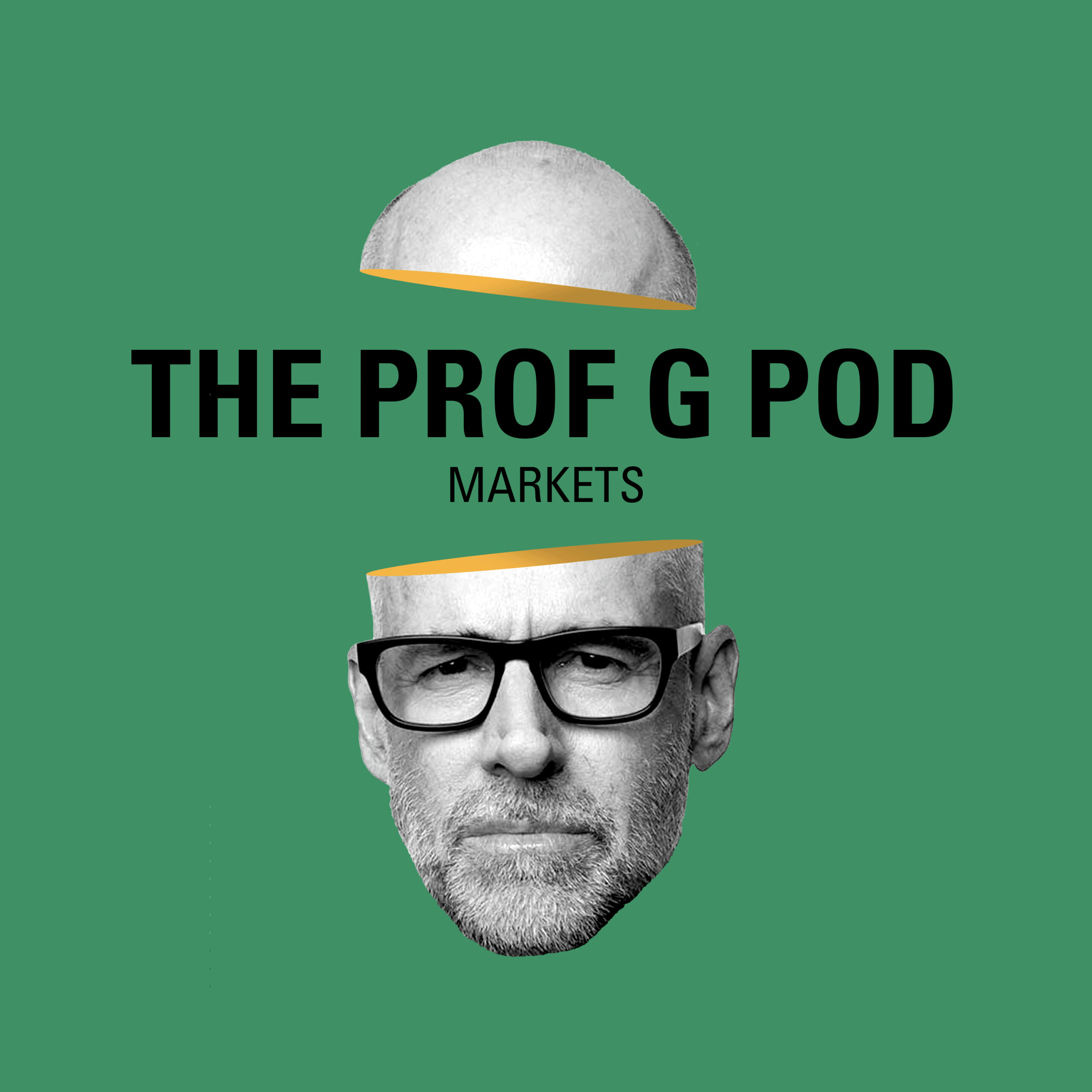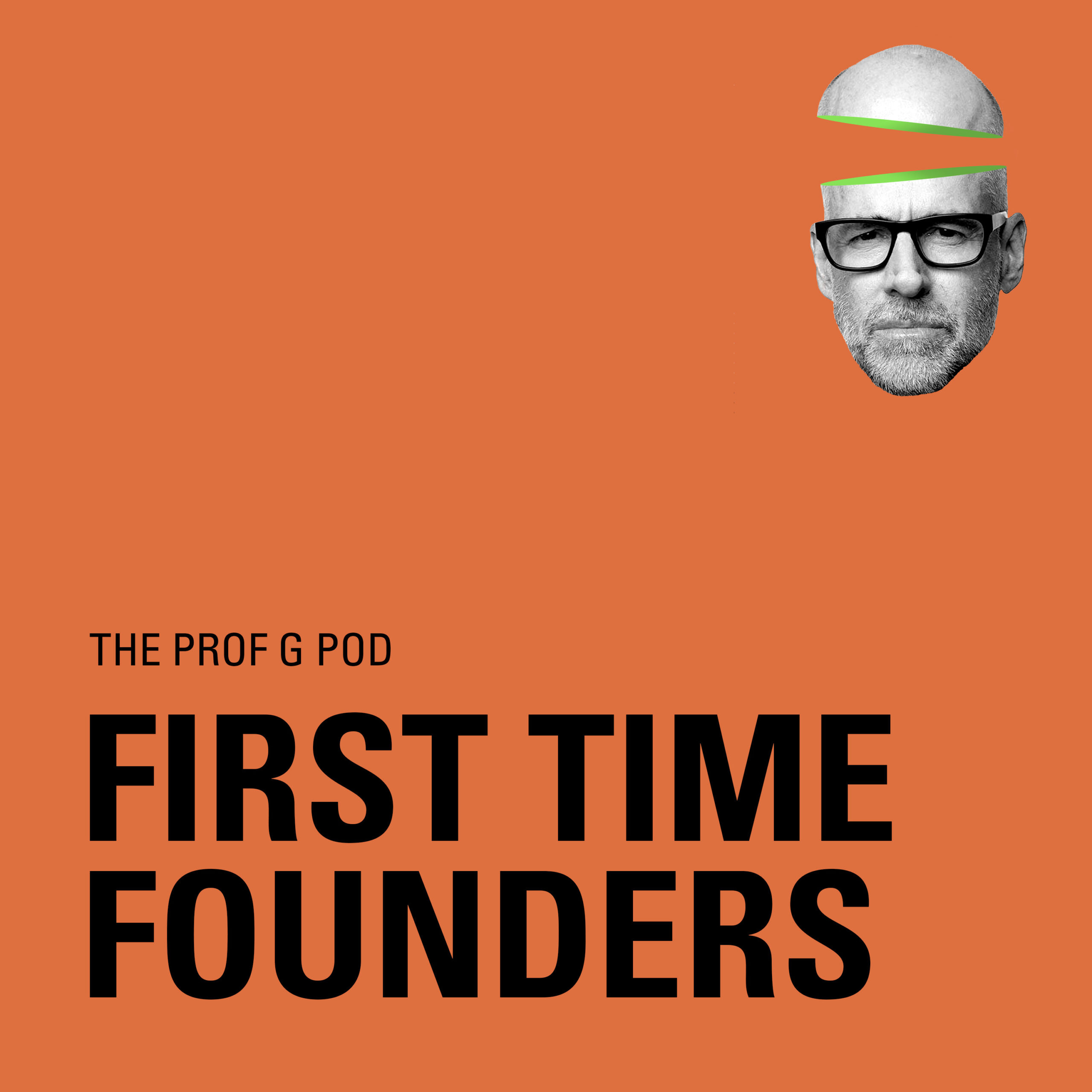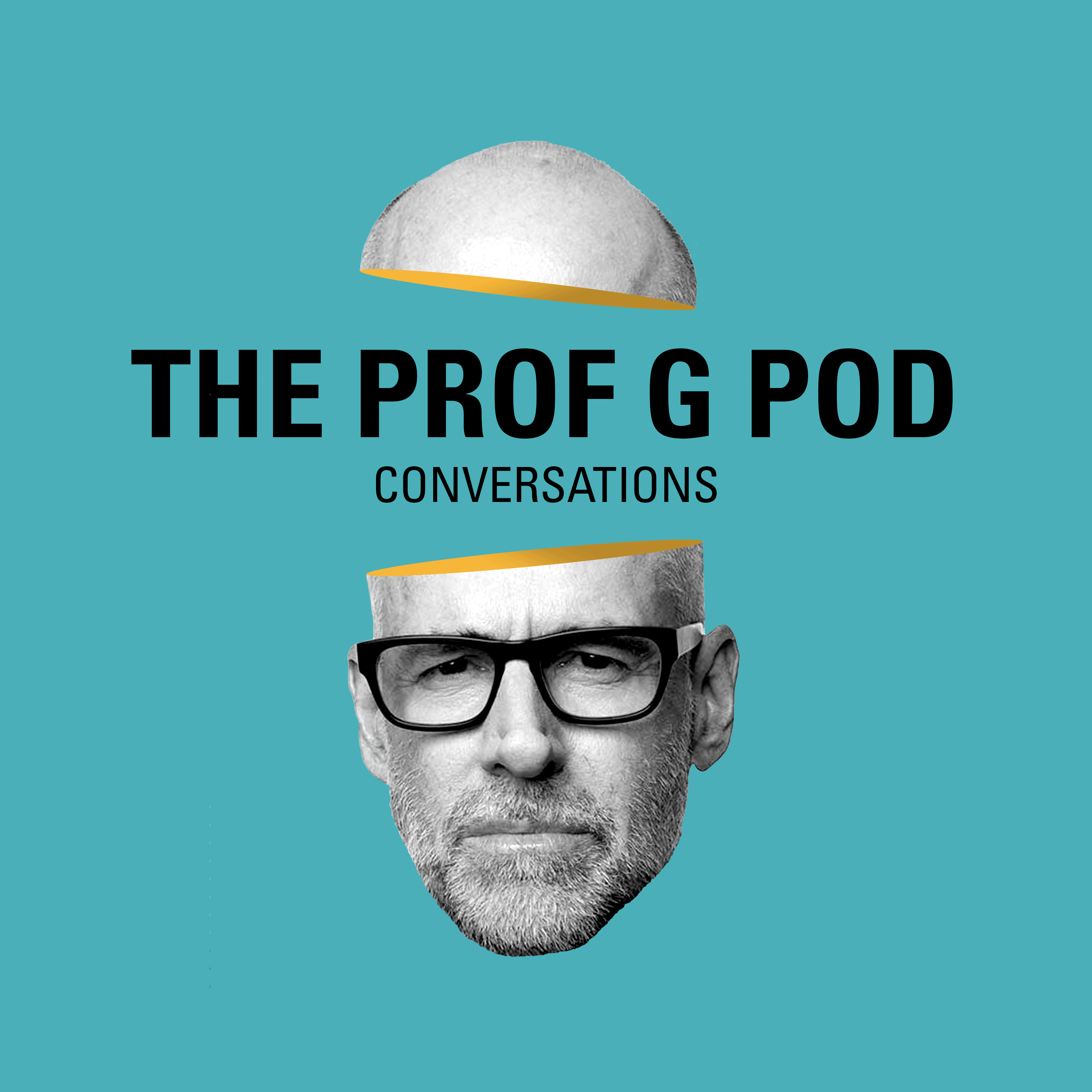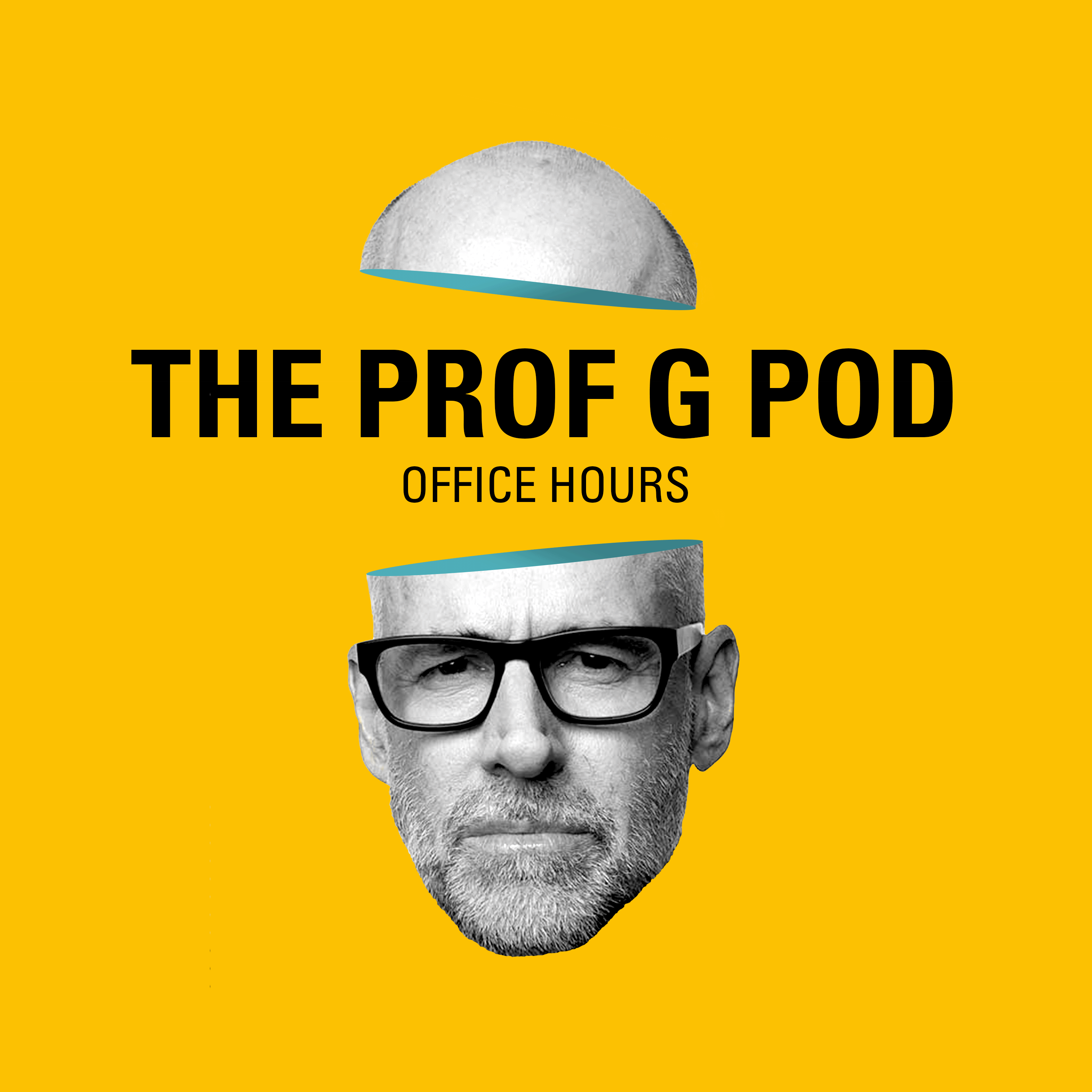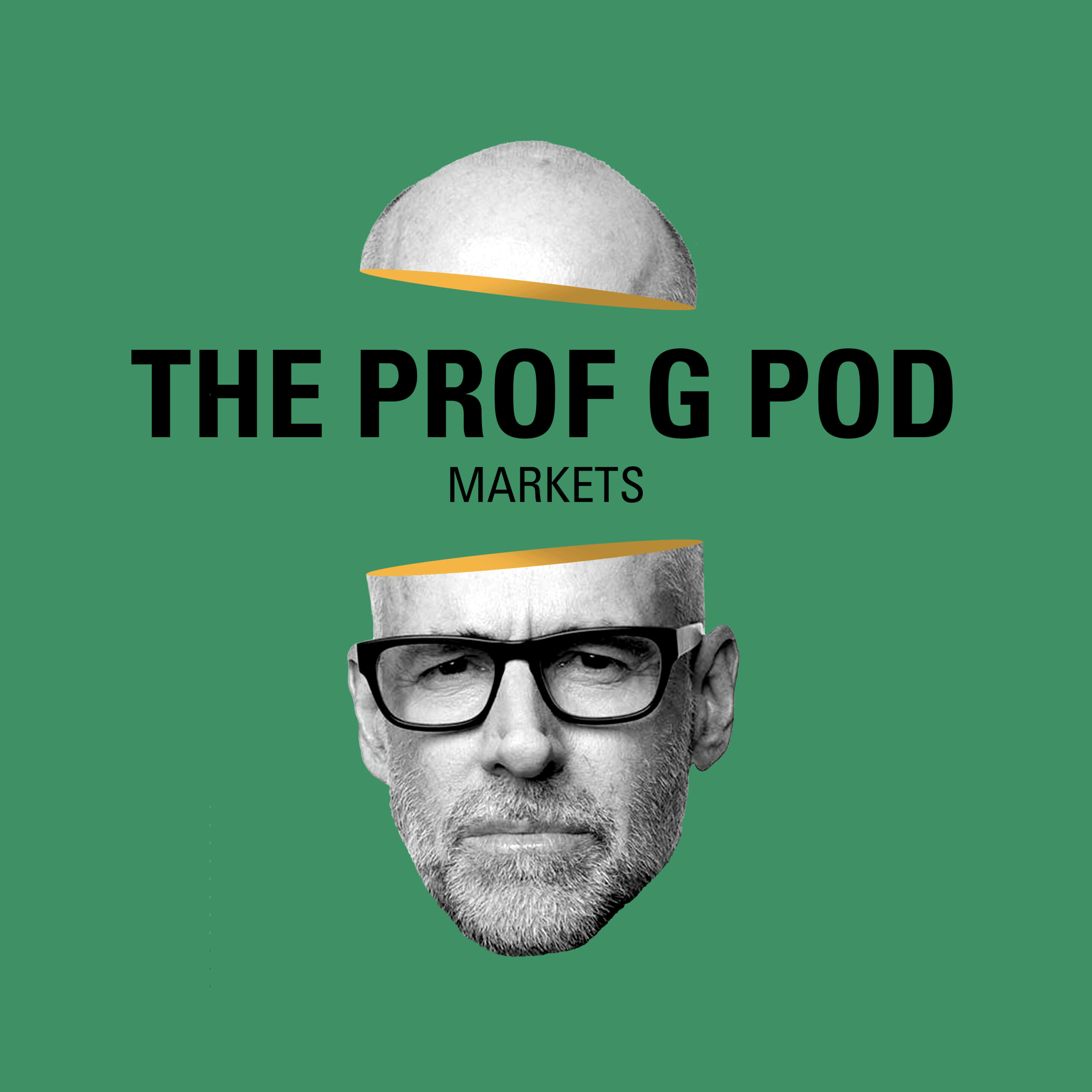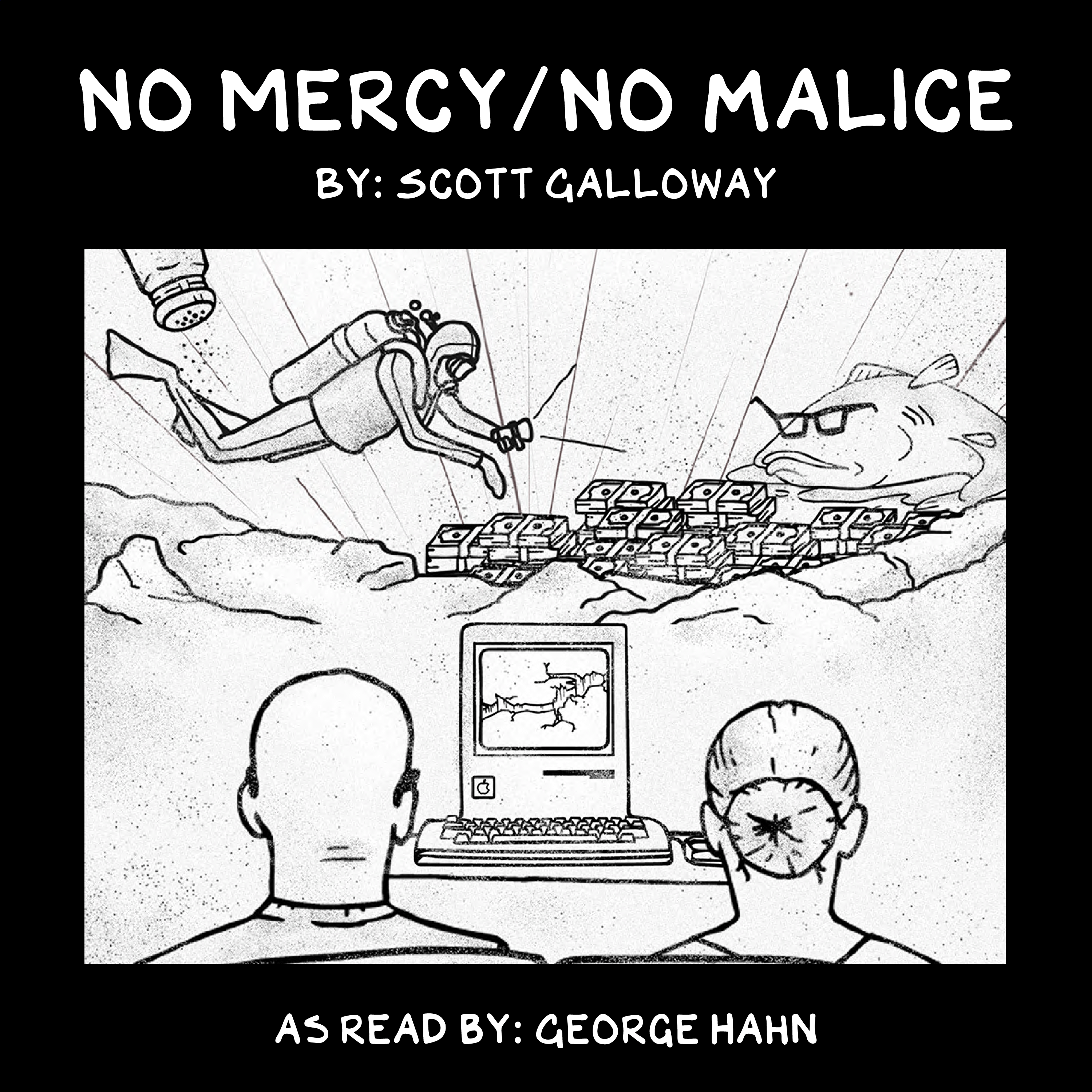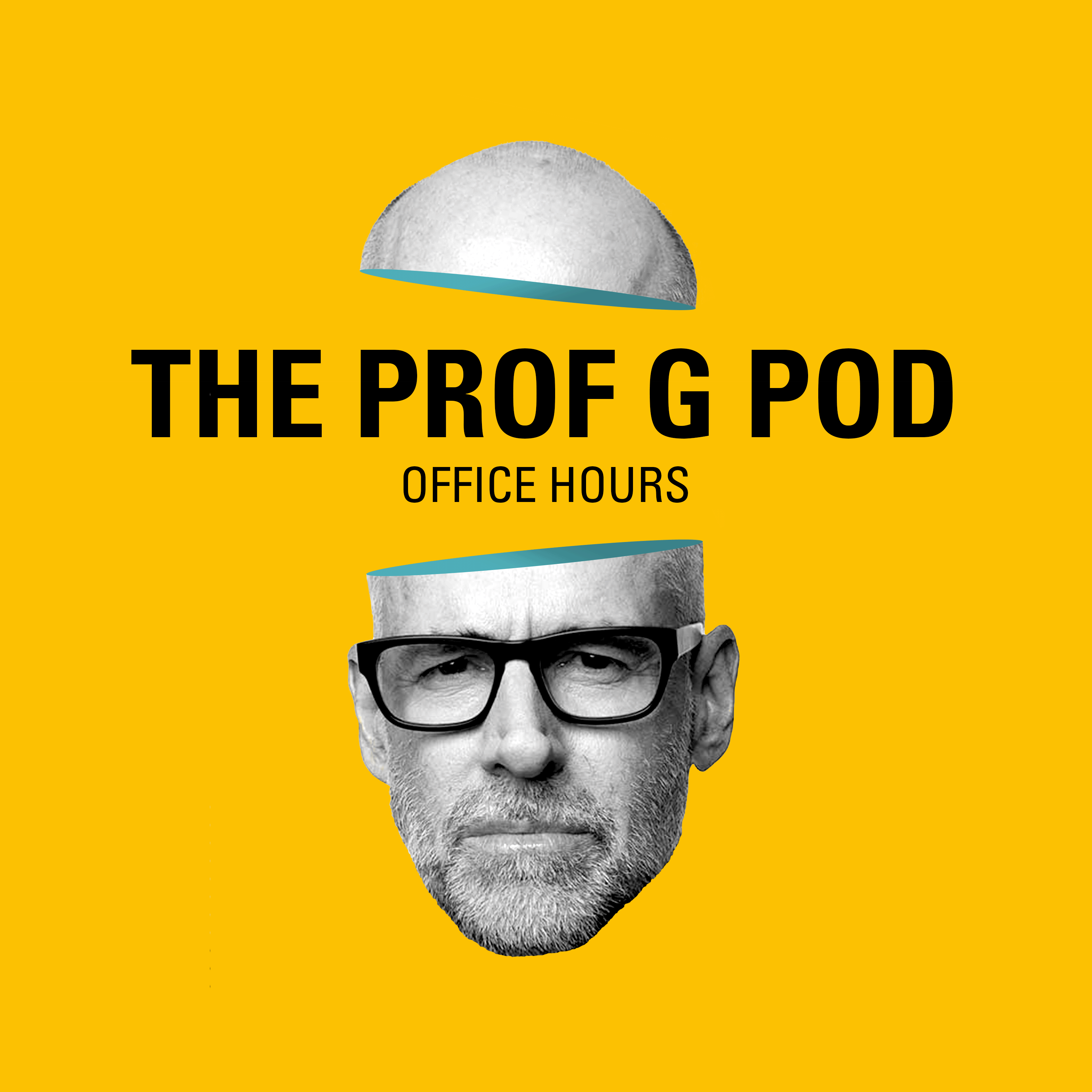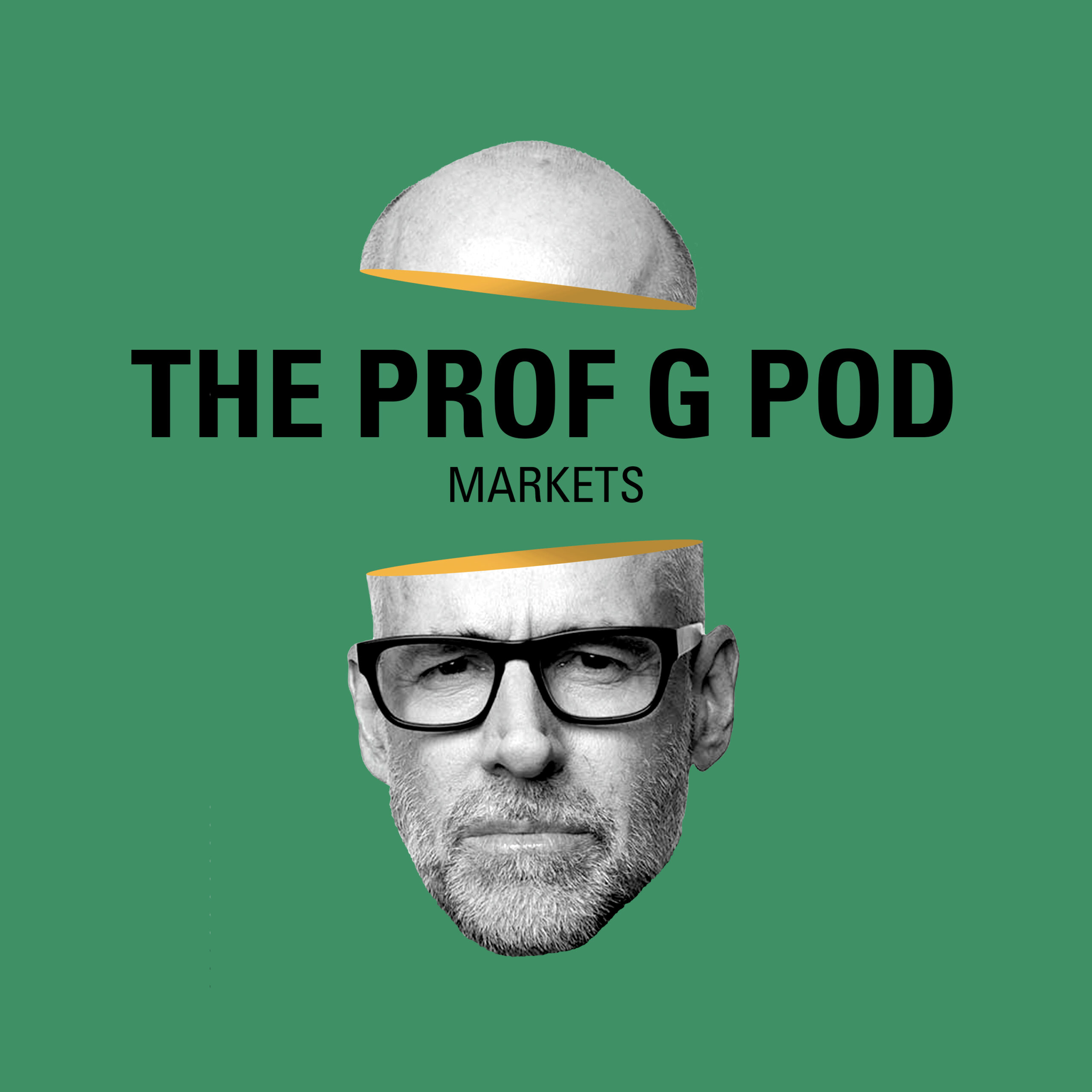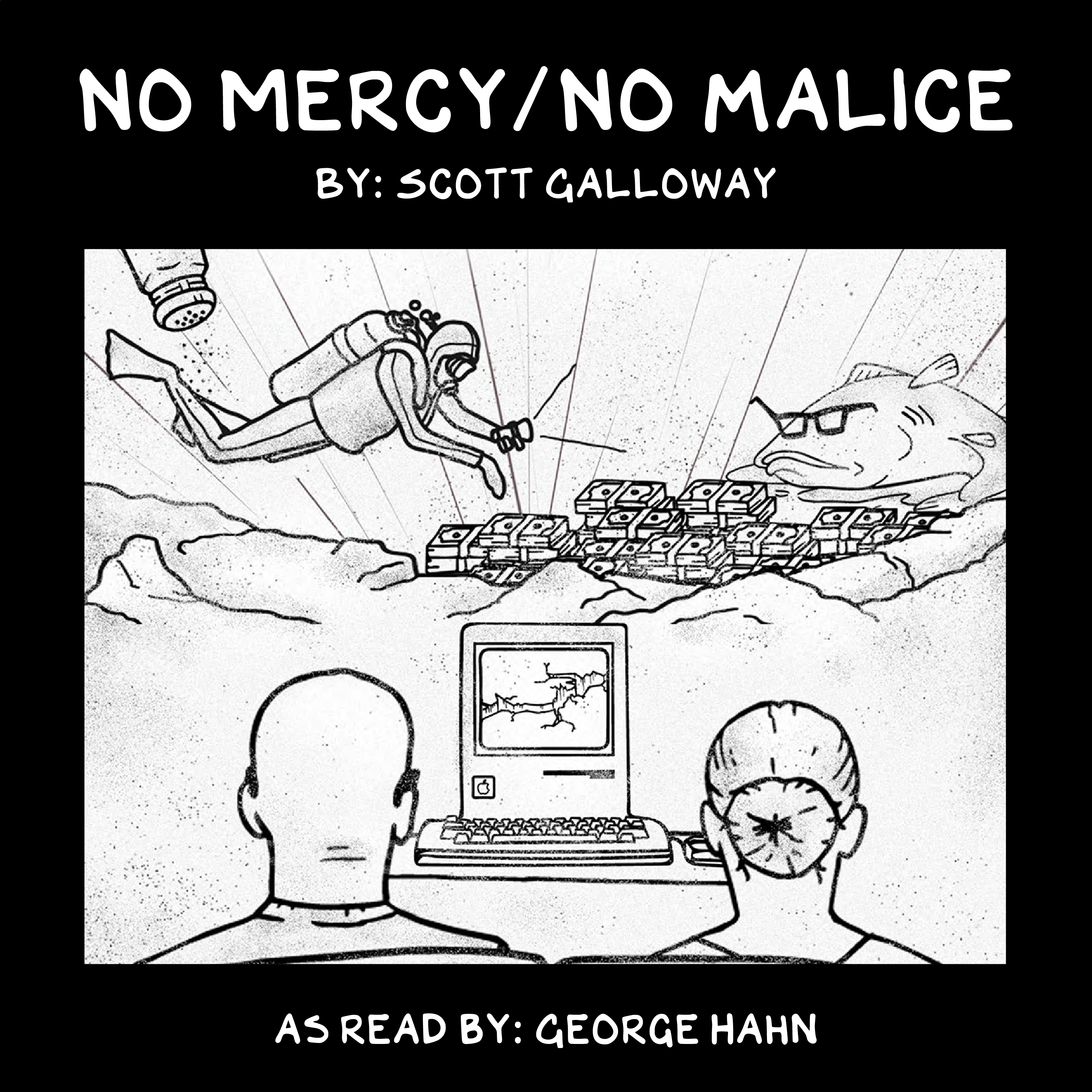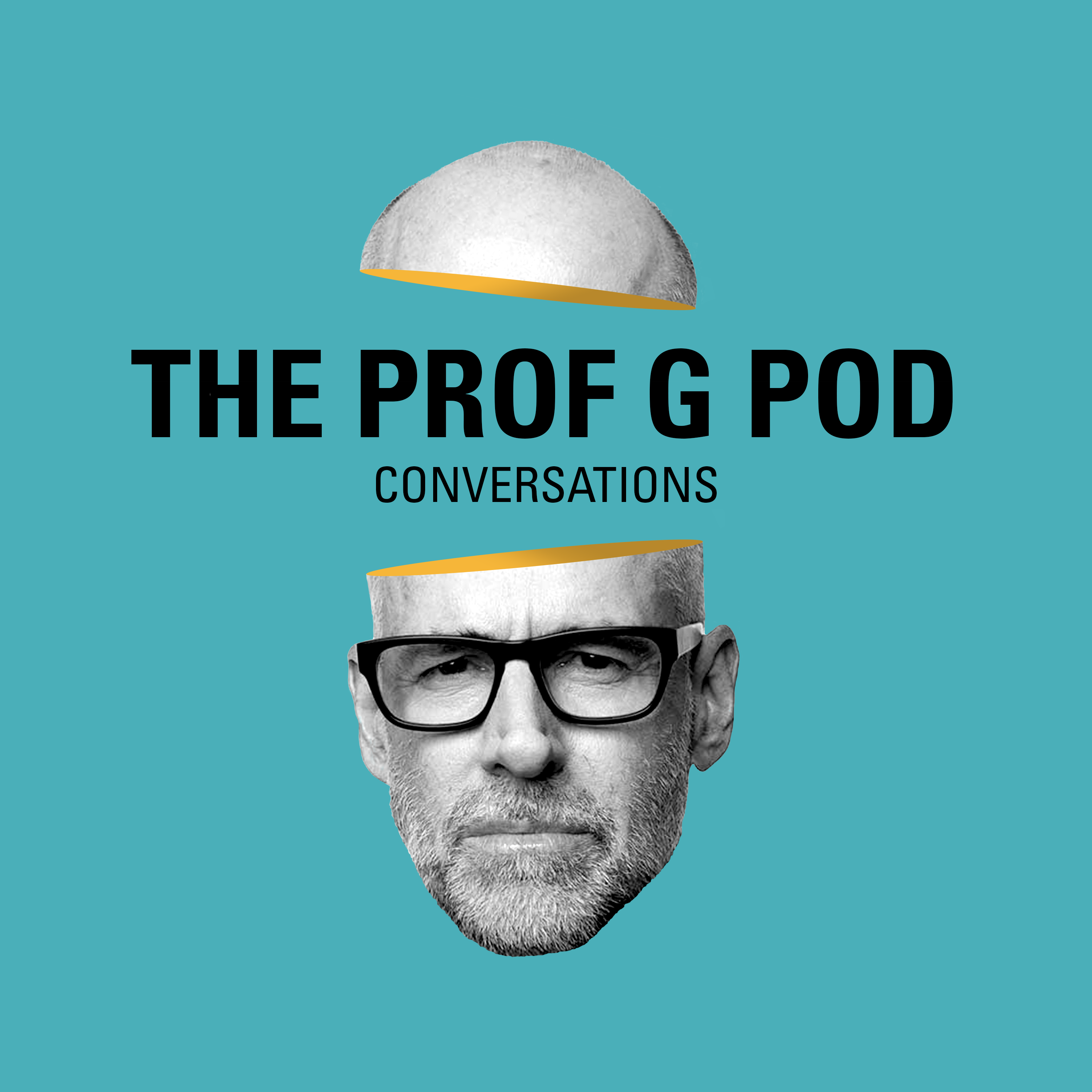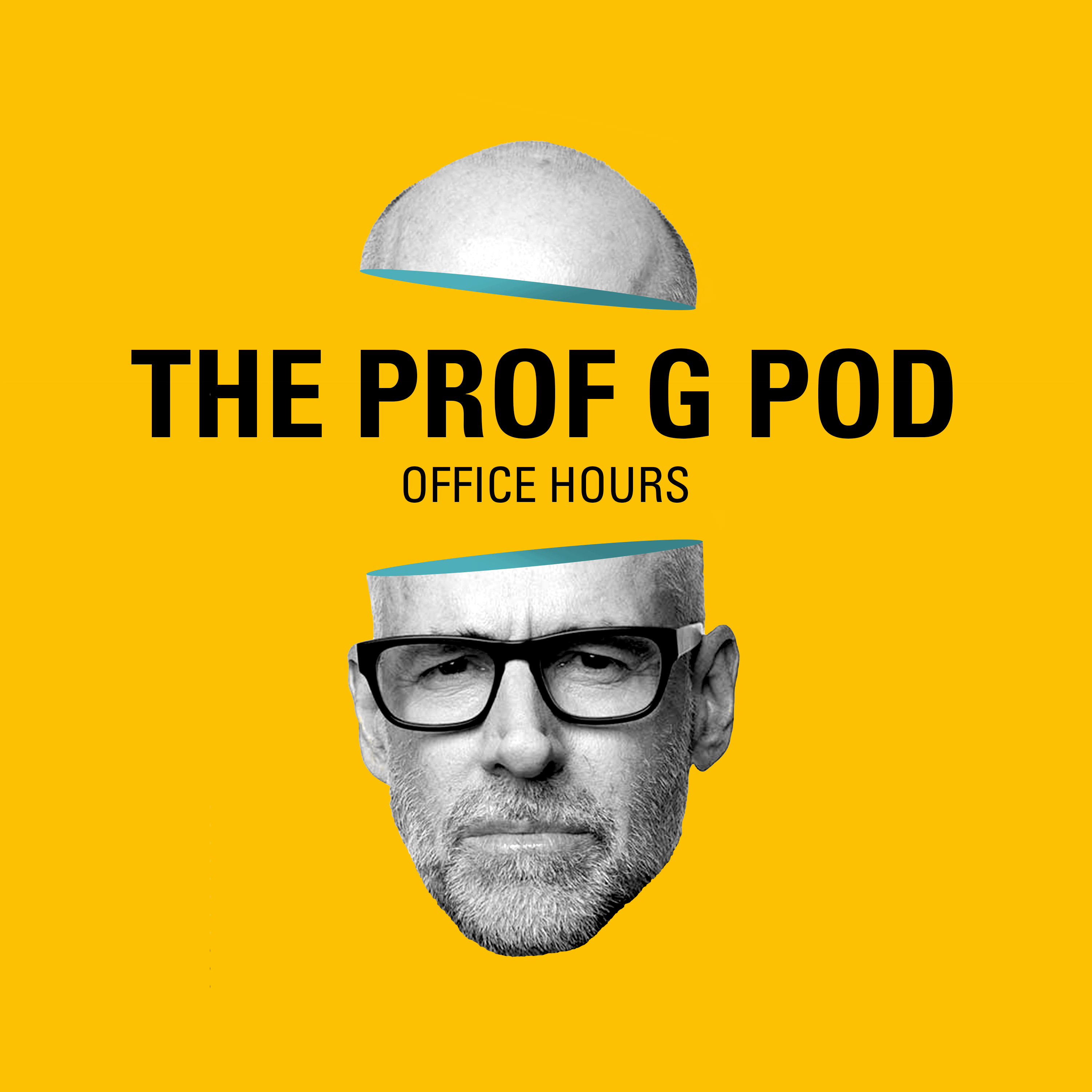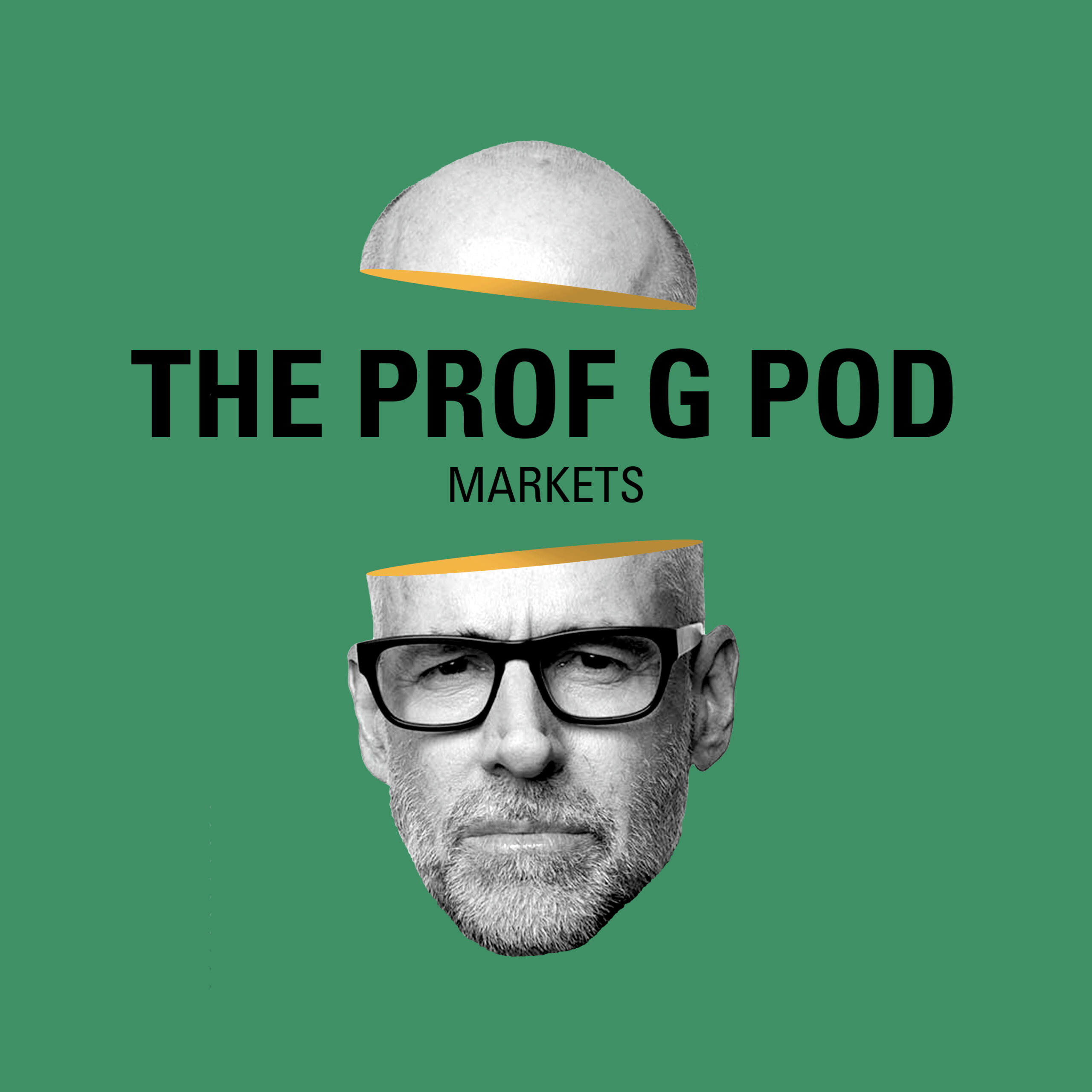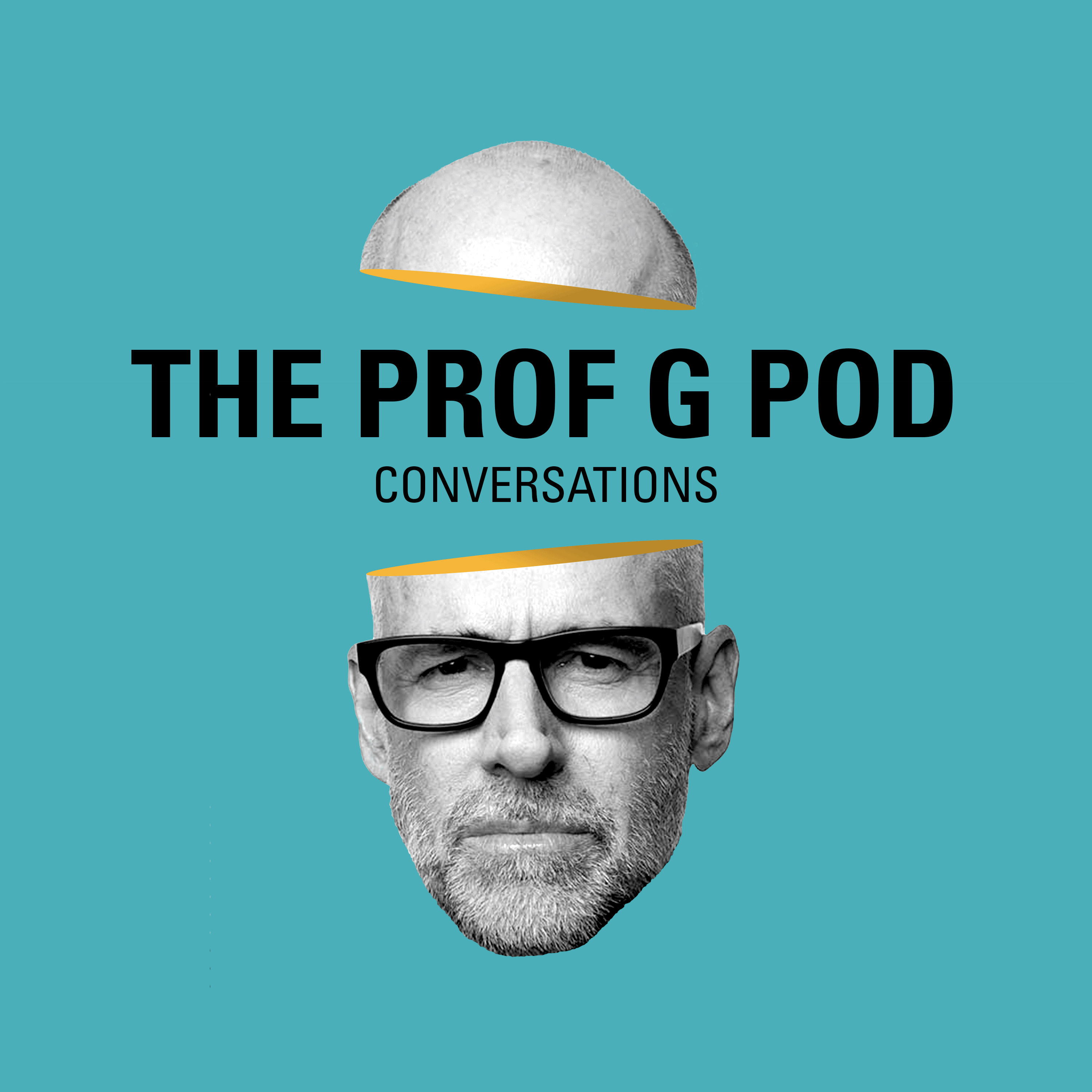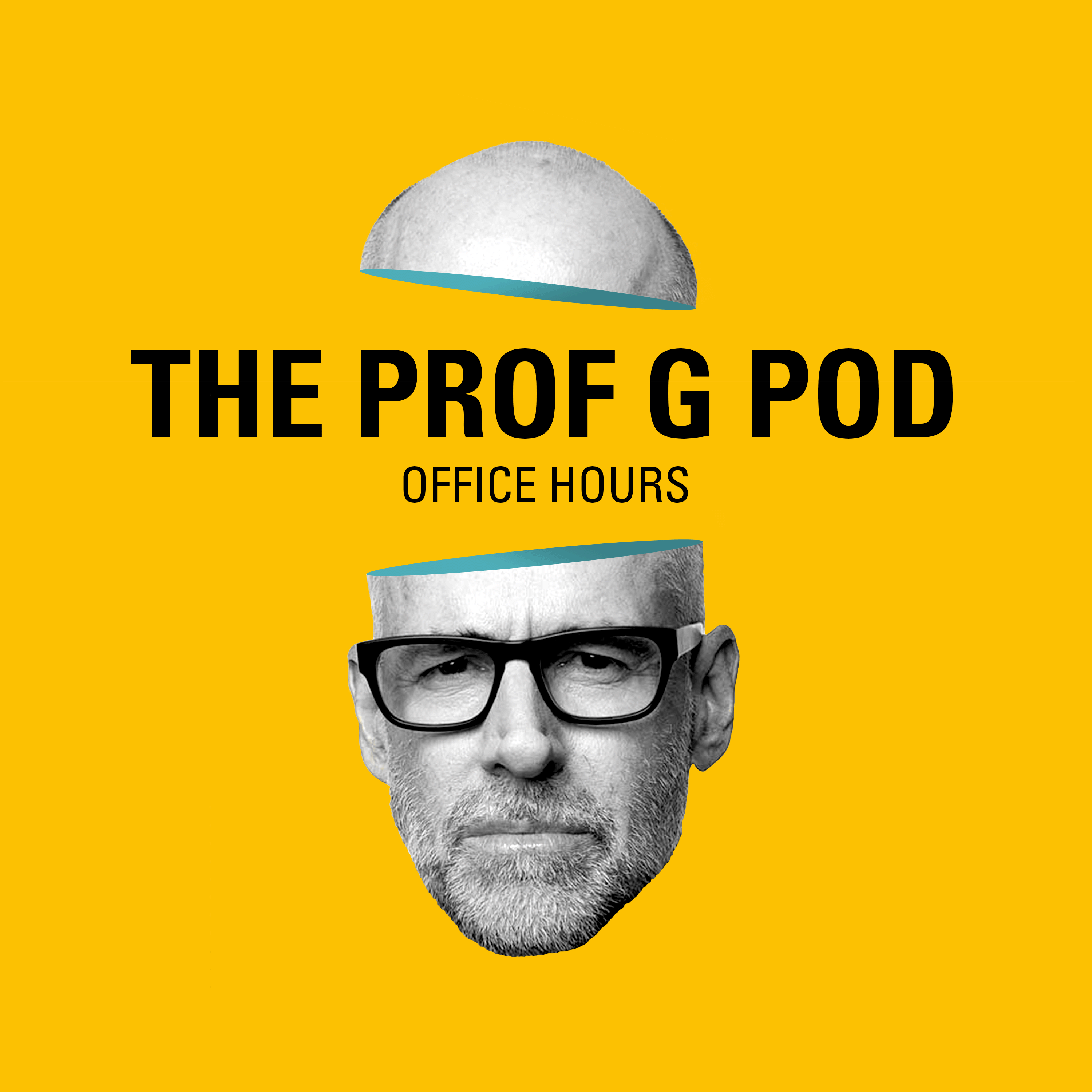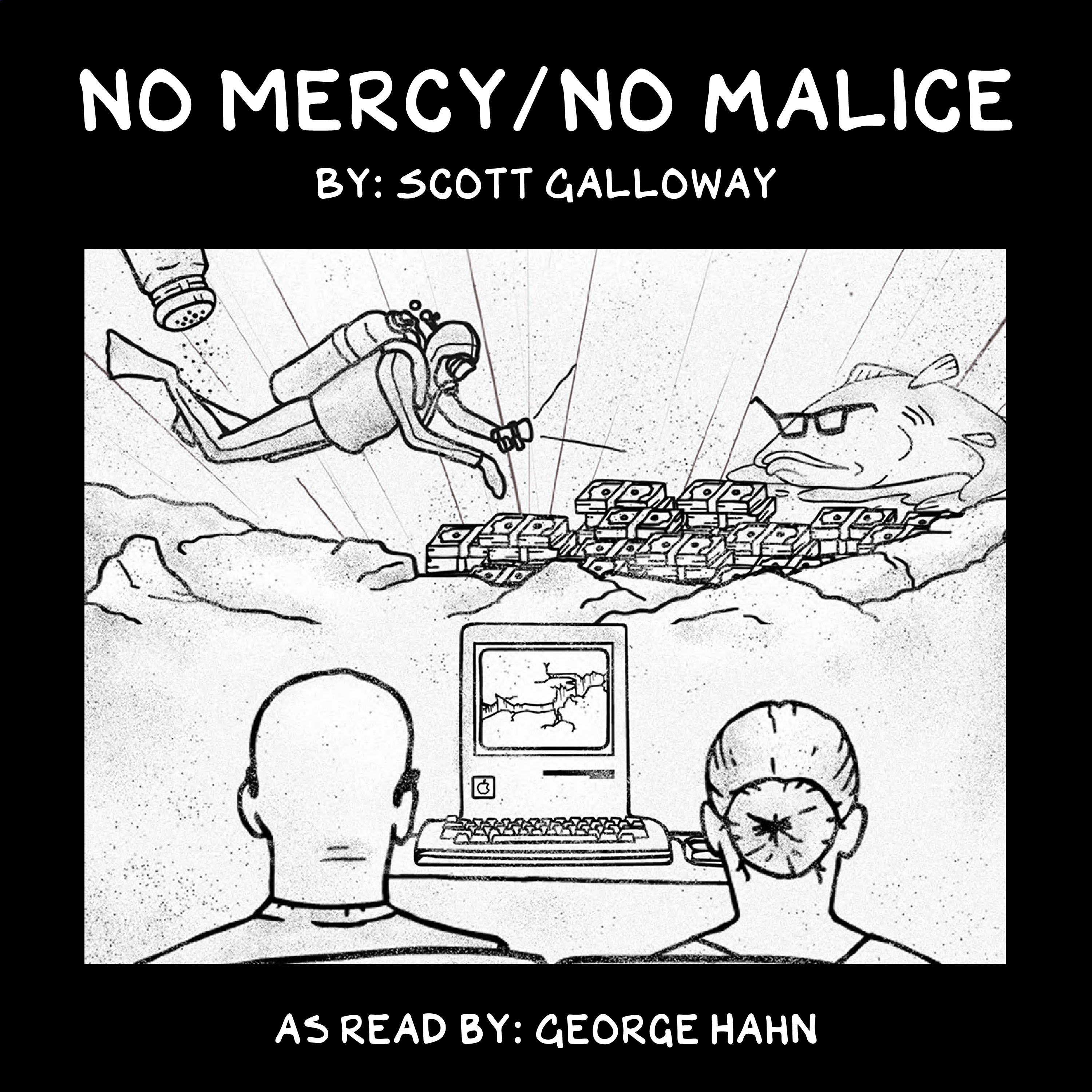Niall Ferguson, a historian, author, senior fellow at the Hoover Institution, and columnist at The Free Press, joins Scott to discuss why we’re currently in ...
Today, we’re kicking off a special three-part series, featuring some of our favorite Office Hours moments: Best of Business, Best of Career, and Best of ...
As read by George Hahn. https://www.profgalloway.com/olympic-moments/ Learn more about your ad choices. Visit podcastchoices.com/adchoices
Follow Prof G Markets: Apple Podcasts Spotify Scott and Ed open the show by discussing the latest Fed meeting, Starbucks’ disappointing earnings, and Delta’s ...
Ed speaks with Varun Mohan and Jeff Wang from Codeium, an AI code generator. They discuss the importance of being a lean company, how their product stacks up ...
Matthew Ball, the CEO of Epyllion, a startup adviser, and the former Head of Strategy for Amazon Studios, joins Scott to discuss the updated version of his ...
Scott speaks about the looming pharmacy staffing shortage in America, specifically how the concentration of power in the industry is contributing to the ...
Follow Prof G Markets: Apple Podcasts Spotify Scott shares his thoughts on Tesla’s lackluster earnings and explains how the electric vehicle industry has ...
As read by George Hahn. https://www.profgalloway.com/brand-harris/ Learn more about your ad choices. Visit podcastchoices.com/adchoices
Jessica Tarlov joins us again to discuss what happens now that Biden is out of the race. We hear why we should be bullish on Kamala Harris, be sad about the ...
Scott speaks about Shein’s design practices, specifically its alleged IP theft. He then discusses the qualities he looks for in hiring/promoting, and wraps up ...
Subscribe to Prof G Markets: Apple Podcasts Spotify Scott shares his thoughts on why Trump has attracted some of Silicon Valley’s most powerful donors. He also ...
As read by George Hahn. https://www.profgalloway.com/misdirects/ Learn more about your ad choices. Visit podcastchoices.com/adchoices
Two guests join us today. First up, Jessica Tarlov reports live from the RNC. We hear about the overall vibe, the aftermath of the attempted assassination of ...
Scott speaks about Airbnb’s role – if any – in the crisis of housing affordability and what its future looks like amid increasing regulations. He then ...
Follow Prof G Markets: Apple Podcasts Spotify Scott and Ed open the show with a discussion around why Microsoft and Apple have relinquished their board ...
As read by George Hahn. https://www.profgalloway.com/the-financial-frontier/ Learn more about your ad choices. Visit podcastchoices.com/adchoices
Admiral James Stavridis, a retired four-star U.S. naval officer, and currently Partner and Vice Chairman of Global Affairs for The Carlyle Group, joins Scott ...
Scott speaks about the Chinese EV market, specifically how China has an advantage in the EV race due to costs. He then discusses Prof G Media’s business model ...
As read by George Hahn. https://www.profgalloway.com/time-to-leave/ Learn more about your ad choices. Visit podcastchoices.com/adchoices
- « Previous Page
- 1
- …
- 29
- 30
- 31
- 32
- 33
- …
- 62
- Next Page »

